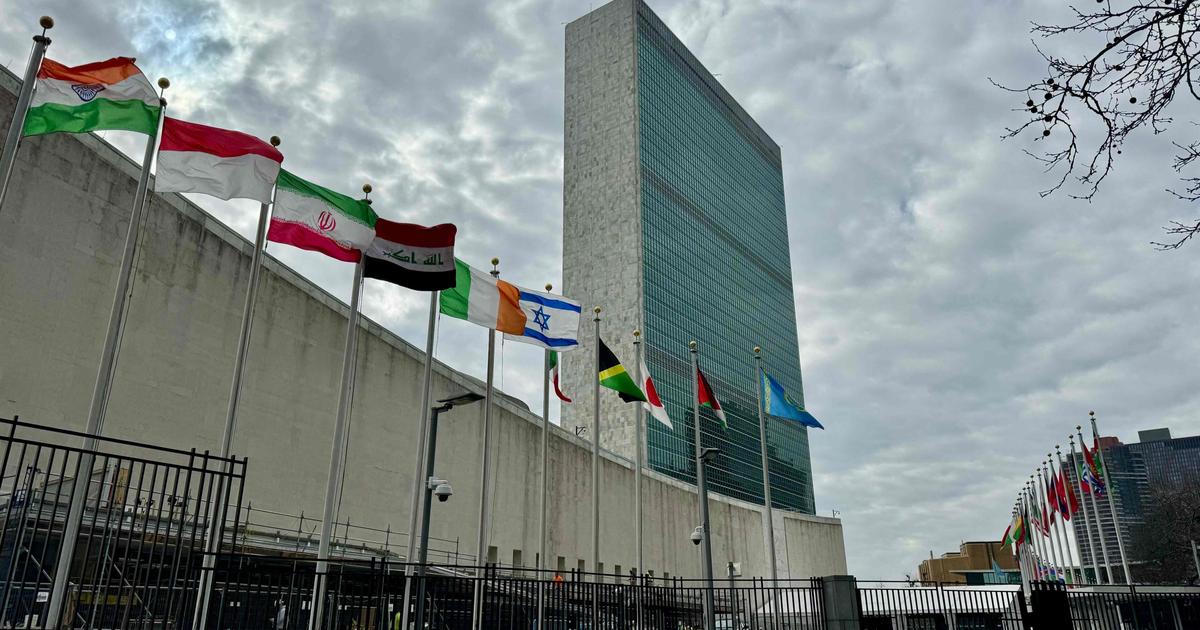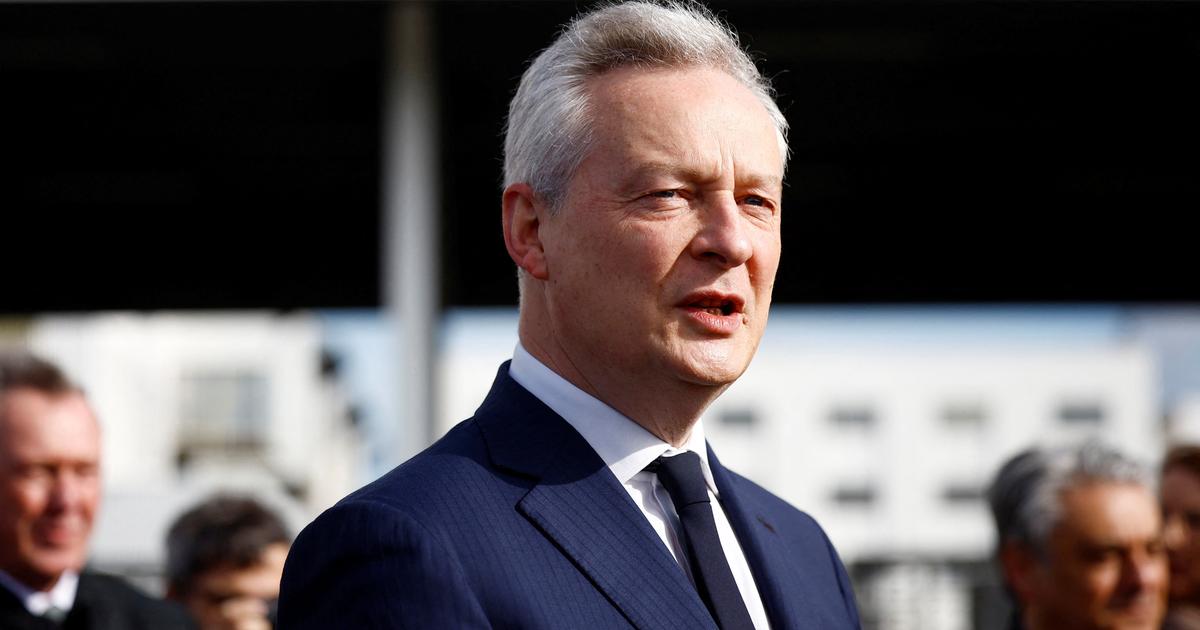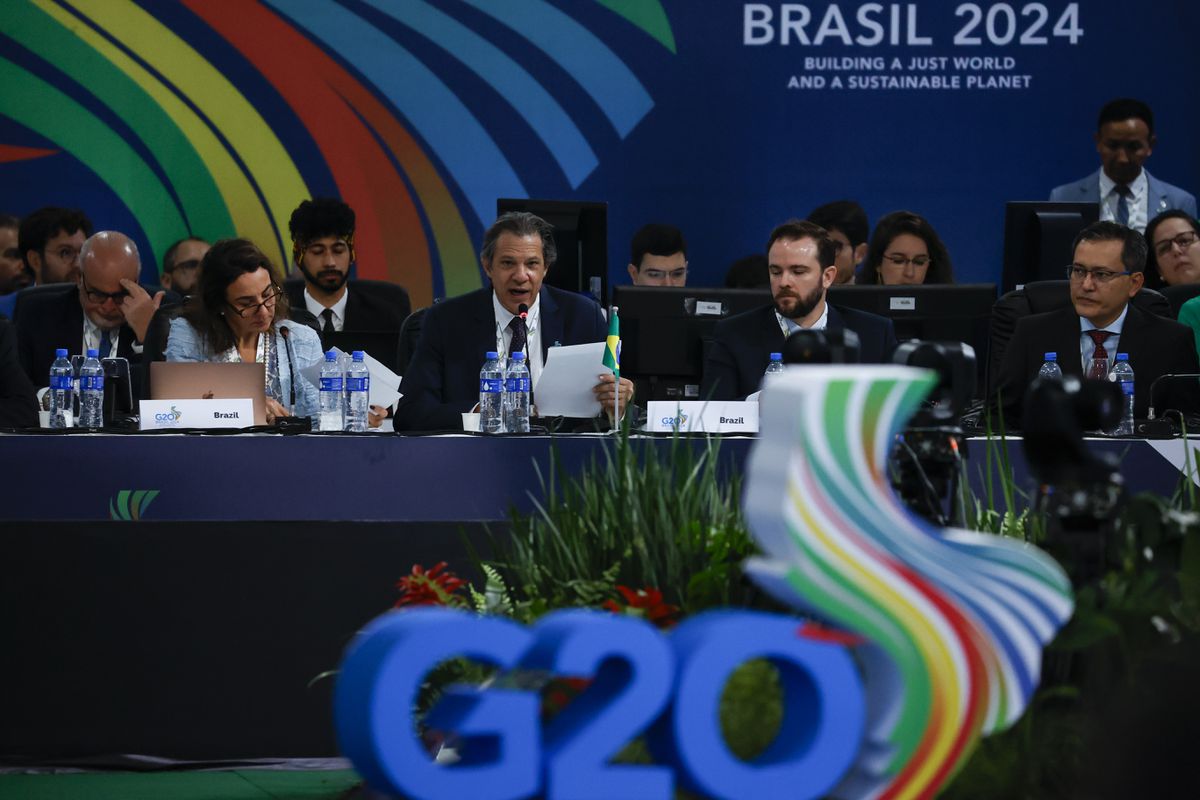Five European countries, including France and Germany, affirmed on Friday their desire to implement the minimum tax of 15% on the profits of multinationals from 2023, while Hungary is blocking the adoption of this reform at the level of the EU.
"
If unanimity (within the 27) should not be reached in the coming weeks, our governments are (...) ready to implement minimum taxation in 2023 and by all possible legal means
", declare in a common text, the finance ministers of these EU countries, which also include Spain, Italy and the Netherlands.
Read alsoThe European Union imposes tax transparency on multinationals
“
Tax justice must be a priority for the European Union.
We will put in place minimum taxation from 2023, either through Europe or nationally
,” promised French Minister Bruno Le Maire, on the initiative of the text published during an informal meeting with his counterparts in Prague. .
"
In Germany, we have taken the decision to implement the minimum tax at national level (...) if there is no European agreement on this point
," said German Finance Minister Christian Lindner.
“An essential lever”
Minimum corporate taxation at the global level is, according to the five countries, "
a key lever to strengthen tax justice through a more effective fight against tax avoidance and evasion
".
Budapest blocks the transposition into European law of the minimum tax of 15% on the profits of multinationals, a historic project approved last year by nearly 140 countries - including Hungary - under the aegis of the OECD, after five years of debate.
A unanimous vote of the 27 member countries is necessary to validate the directive prepared by the European Commission.
It had first been blocked for months by Poland, which finally lifted its opposition.
But Hungary, which had agreed in a vote in early April, vetoed it in June, citing the impact of the war in Ukraine on the economy.
Budapest is suspected of pushing for a green light from the EU for its recovery plan, endowed with 7.2 billion euros in subsidies, still blocked due to an insufficient fight against corruption.
The global minimum tax is only one part (known as pillar 2) of the OECD agreement.
The first pillar, which targets digital giants in particular, provides for the taxation of companies where they make their profits to put an end to certain tax evasion practices.
It requires an international agreement which is not yet finalized.









